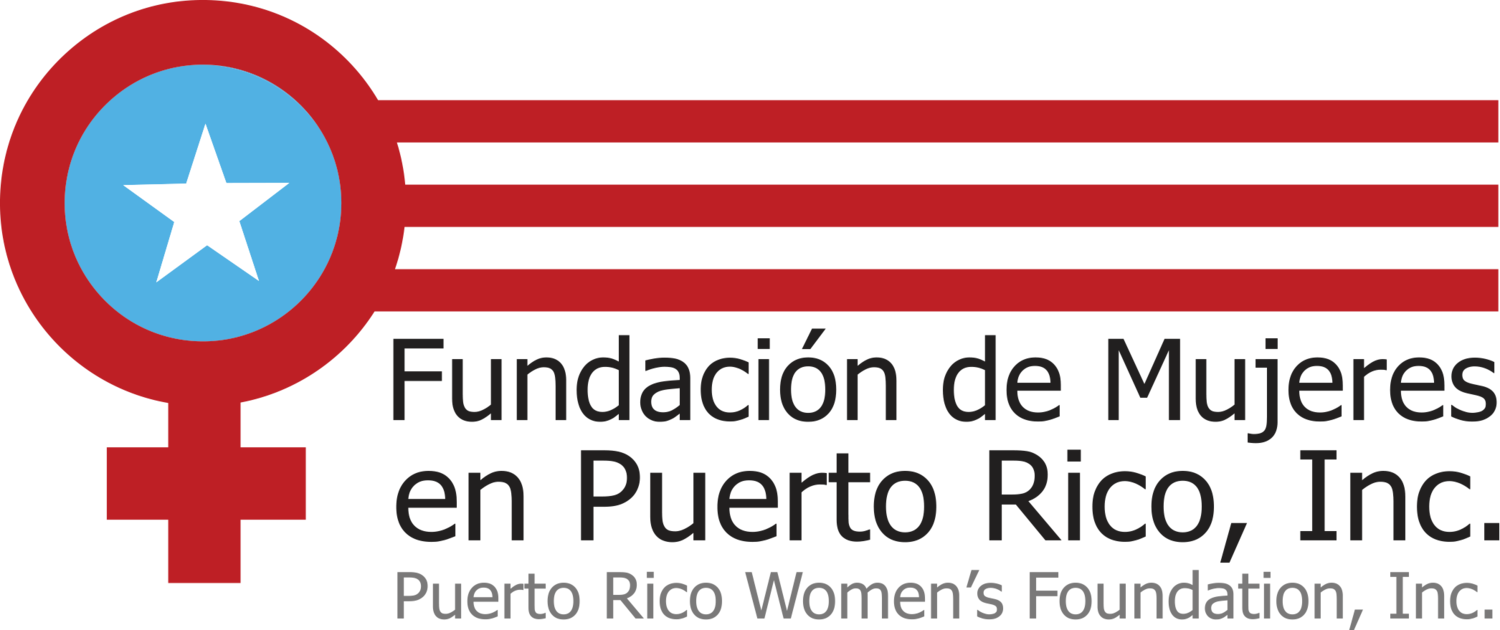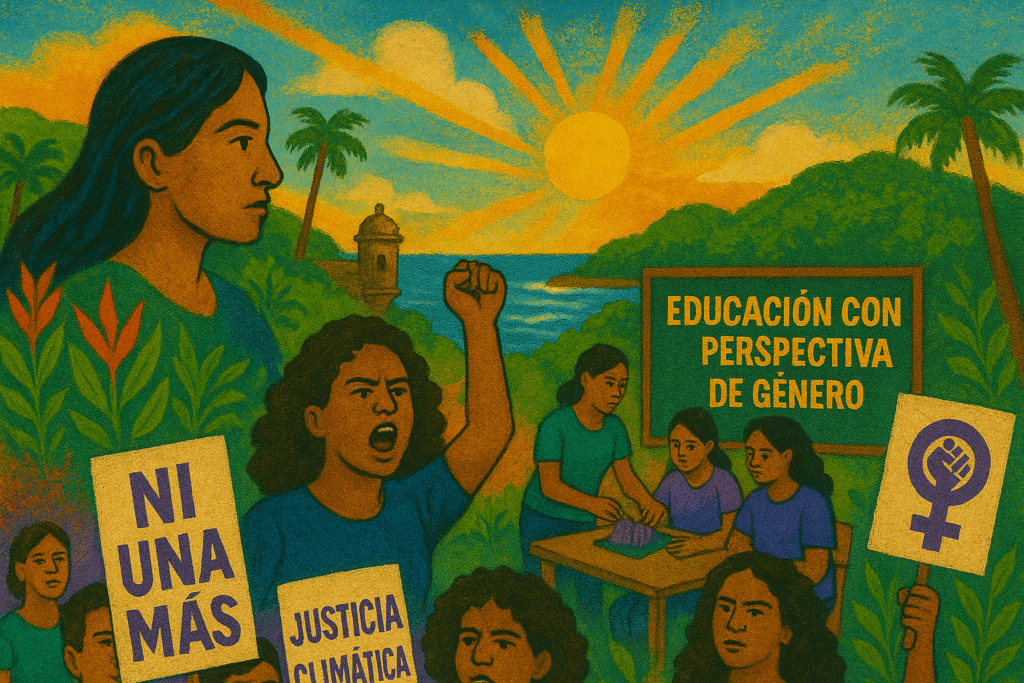About the Author: Zulnette García Ramos, Movement Weaver of the FMnPR, is a feminist activist, educator, and community organizer from San Germán, Puerto Rico. With over 17 years of experience in the nonprofit sector, she has worked extensively in sexual and reproductive health education, domestic violence prevention, and women’s economic empowerment. Zulnette has held roles in organizations such as Taller Salud, Proyecto Matria, and Casa Protegida Julia de Burgos, and has served as a consultant and hotline operator for sexual violence emergencies. She is also the founder of La Juntilla X, a feminist performance collective, and co-founder of Albanistería, a project aimed at closing the gender gap in non-traditional trades by training women and girls in carpentry and craftsmanship. In 2021, she received the Visionary Voice Award from the National Sexual Violence Resource Center.
What does feminist resistance look like in Puerto Rico?
The question is no longer rhetorical or simple. It has many answers, many bodies, and many territories. Some are heard in chants outside La Fortaleza; others are woven in silence, among compañeras who care, educate, organize, and build. Feminist resistance here is not linear or uniform. It is multiple, affective, material, and political. And above all, it is collective.
From the perspective of the Fundación de Mujeres en Puerto Rico, resistance is not only opposition—it is creation and proposal. It is about building alternatives that challenge the colonial, patriarchal, and racist structures that seek to keep us isolated and silent. We resist when we weave networks and build alliances, when we occupy space, when we demand and propose gender-informed public policies—and also when we cook for Sunday’s assembly or share knowledge in a self-defense workshop.
In the archive of the Documentos de los Feminismos en Puerto Rico project, a living memory of these struggles is documented. What emerges there moves away from a homogeneous feminism and instead becomes a constellation of practices: from performances denouncing state violence to pedagogical proposals in rural classrooms, from the clashes of university strikes to self-care workshops and prison manifestos.
As one of the texts in the archive puts it:
“Our resistance is daily, creative, political, and loving. It happens in the streets, in homes, in schools, in hospitals. We are everywhere.”
Feminism is often labeled as Western, white, and elitist. But in Puerto Rico, resistance has meant unlearning, re-educating, and cultivating another kind of feminism. One that has been—and continues to be—a community stronghold, planting seeds in barren ground, confronting and comforting. Feminism here means fighting for clean water in Guayama, for clean energy in Salinas, for land to farm in Vieques, for the right to raise children without fear in Loíza. It means demanding, again and again, that all forms of violence be named, and that Black, trans, queer, migrant, and impoverished voices be heard. It means affirming, as the Foundation proposes, that the collective power of our communities is capable of both resisting and transforming.
Another voice from the archive puts it clearly:
“We are not waiting to be liberated. We are building the world we need to live in.”
In these times of climate emergency, displacement, imposed austerity, and silenced femicides, feminism is an urgent response. But it is also a strategy for both the present and the future. We refuse to let children grow up in a country without equity, without autonomy, without land. That is why resistance also looks like a summer camp for teenage girls, like a mural demanding justice, or like a law written with an intersectional lens. It looks like us—in the plural.
And within that plural lies the intention of this Foundation: to support those who already have a voice, and those who have not yet been heard. To elevate their stories, to amplify their power. Because resistance, if it’s not for all of us, serves none of us.
To resist is to insist that another Puerto Rico is possible—and that we will build it together.

